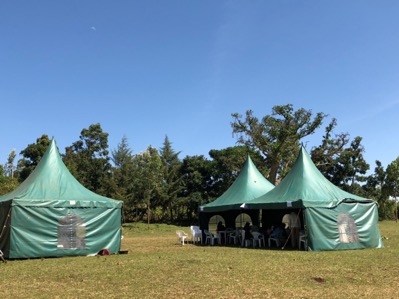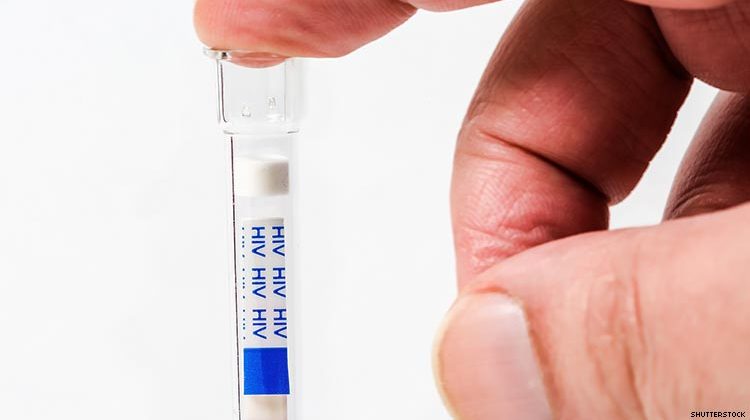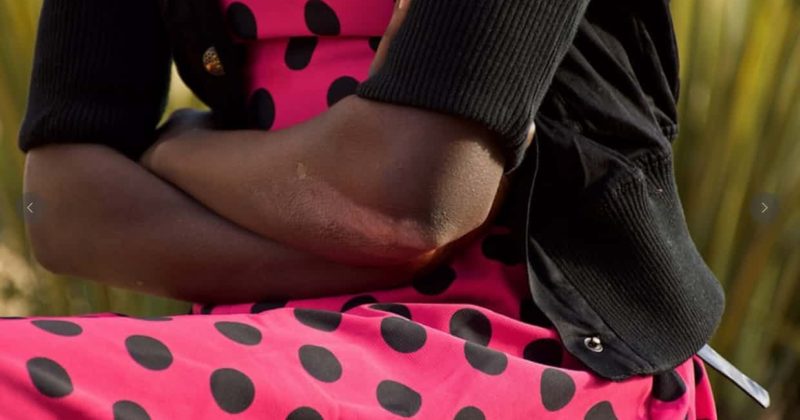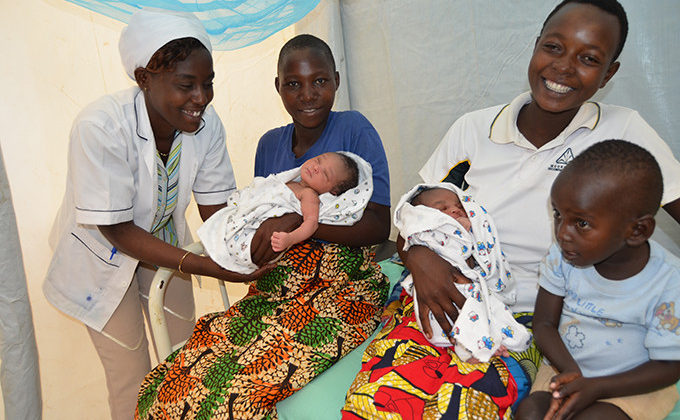
Receiving an abortion not associated with mental health harms, study confirms
The notion that abortion causes poor mental health outcomes is often used to defend laws and policies that limit access to the procedure. So-called crisis pregnancy centers--fake health clinics that seek to dissuade women from receiving an abortion, often through manipulation and misinformation--sometimes tell patients that abortion causes depression, anxiety, and regret. They even warn of "post-abortion syndrome," a mythical condition that has been dismissed by scientific authorities. While reviews of scientific literature have found no evidence to suggest that abortion harms mental health, the existing research had limited generalizability. But thanks to the groundbreaking longitudinal Turnaway Study by Advancing New Standards in Reproductive Health (ANSIRH), scientists can conclusively assert that having a wanted abortion is not associated with mental health harms. The study compares the effects of women who have and women who are denied an abortion and follows them for five years. In addition to finding that having a wanted abortion is not associated with poor mental health outcomes, the...









